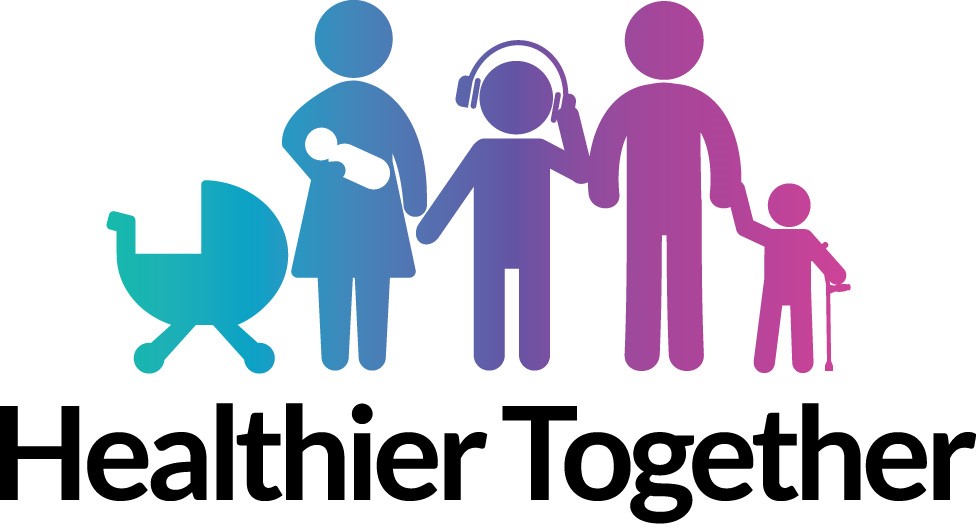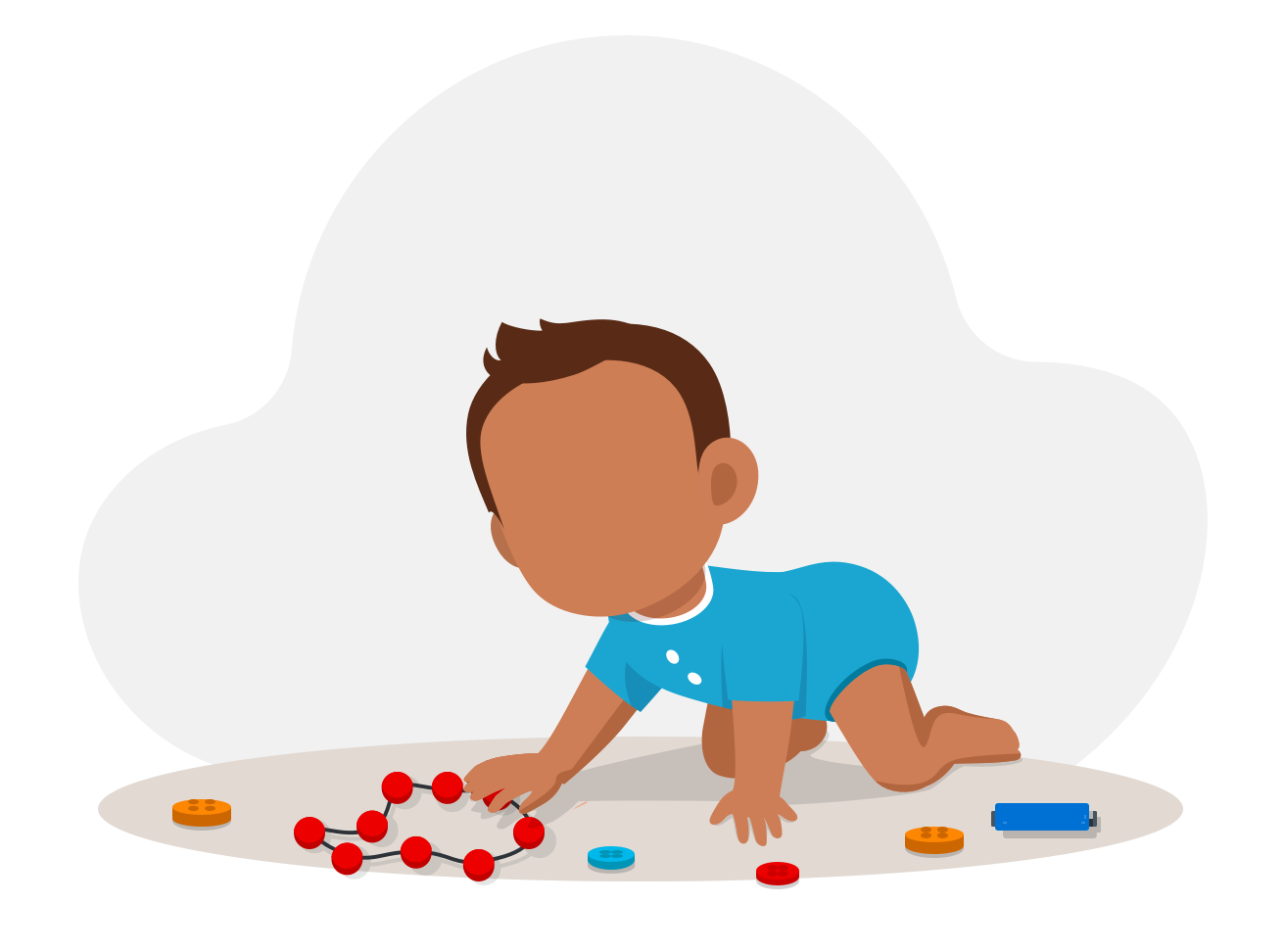Magnetic ball toys are about 10 times stronger than traditional magnets. If a child swallows more than one of the magnetic balls, they can stick to each other inside the body and cause damage to the bowel and other structures that get caught in between. They can be challenging to remove, often requiring surgery to do so.
Where are they found?
Sources of magnets swallowed by children include:
- magnetic beads from jewellery-making kits
- magnetic balls from building kits
- magnets from building block toys and magnetic dartboards
- fridge magnets
- magnetic fake tongue piercings
What to do if you think your child has swallowed magnets
It may not be obvious that your child has swallowed small magnets. While older children can tell you what they’ve done, young children may not be able to.
Signs to look out for include stomach pain, nausea or vomiting. They may not be able to keep down fluids. You may suspect a stomach bug or appendicitis.
Act quickly if you’re worried - do not wait for symptoms to appear
If you think your child may have swallowed magnets, take them straight to the Emergency Department.
Preventing accidents
Read the Child Accident Prevention Trust's page on keeping your child safe from magnets for advice and tips on preventing accidents.
Advice taken from: https://www.capt.org.uk/keep-your-child-safe-from-magnets
"When should I get help?" content adapted with permission from the what0-18.nhs.uk resource produced by the Healthier Together initiative










 Self Care
Self Care Local Pharmacist
Local Pharmacist NHS 24
NHS 24 GP (General Practitioner)
GP (General Practitioner) Emergency Department
Emergency Department